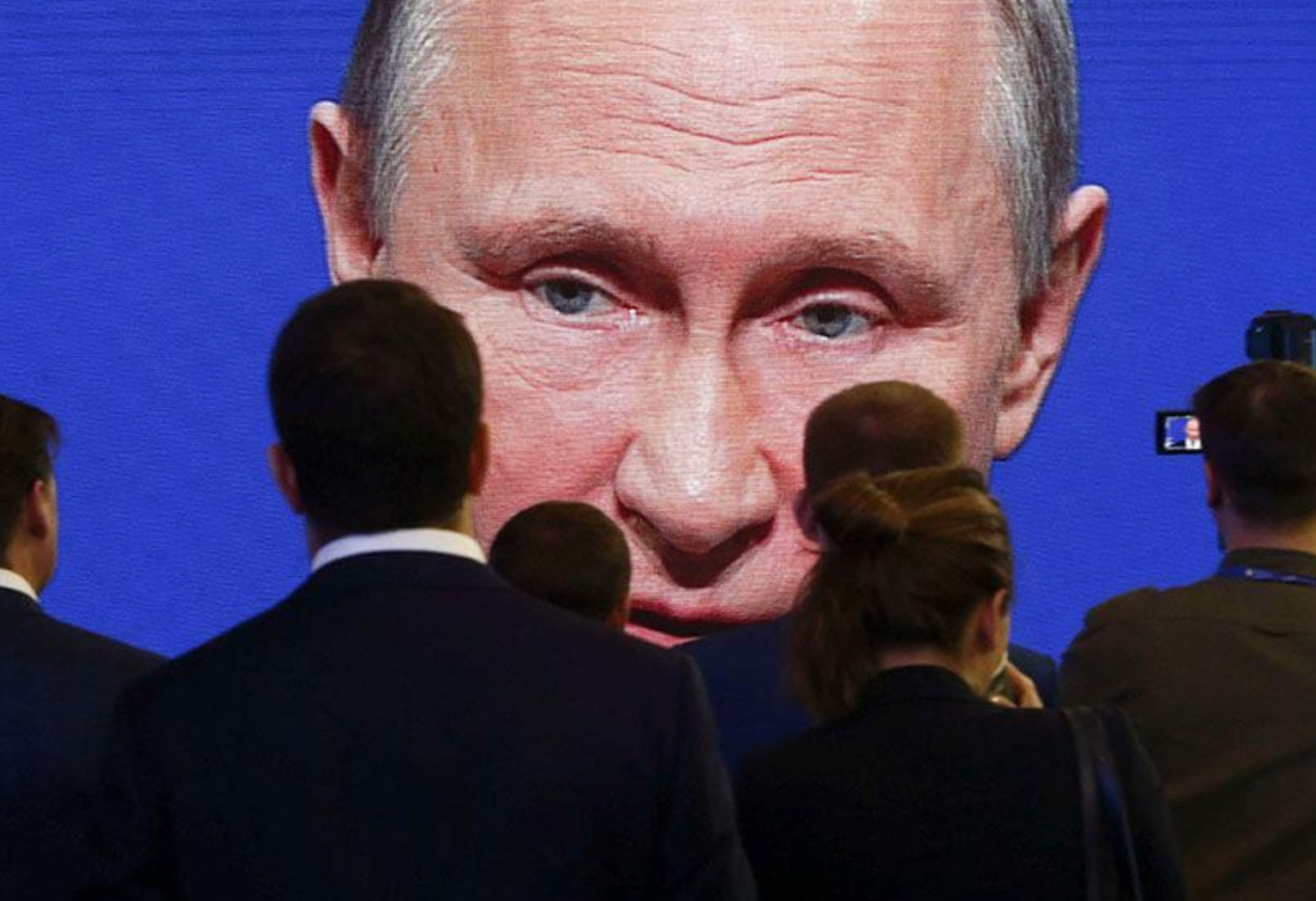The “special operation in Ukraine”, in addition to being a war strategy abroad, has also been a war strategy in social networks, particularly on Twitter and Telegram. Through the official account of the Russian Foreign Ministry in Spanish, a propagandistic war-nostalgic and diplomatically alternative narrative to NATO has been disseminated. The Russian Government relied on the 17 Twitter accounts of its embassies in Uruguay, Venezuela, Panama, Paraguay, Peru, Mexico, Nicaragua, Spain, Ecuador, Cuba, Costa Rica, Colombia, Chile, Bolivia, Brazil, Argentina (the latter is the only one with a Russian language account), together with alternative media and journalists, has taken the opportunity to continue reaffirming its interest in positioning itself in the region.
The strategic use of social networks (for propaganda purposes) by States has broadened the informative scope of foreign policies. This phenomenon is referred to as public diplomacy or digital diplomacy, whose primary objective is to improve the State’s image on an international scale. Since 2012, the multinational public relations, marketing, and communications agency BCW has documented the behavior of governments, political leaders, and international organizations on Twitter, a phenomenon known as Twiplomacy. According to this agency, this platform has become the first source of information to which users around the world turn to access political statements first-hand and without intermediaries.
#DigitalDiplomacy in the Andes
The contents published by the Russian Foreign Ministry from January to September 2022 are divided into two major themes: war-nostalgic propaganda and the alternative diplomatic agenda to the United States. Regarding the former, there has been a series of trills that seek to highlight the decisive role of the Soviet Union in the liberation of Europe from National Socialism with the well-known Victory Day.
Likewise, there are trills about the achievements of the space program during the Cold War, such as the trip of Yuri Gagarin in 1961, who was the first human being to completely orbit the Earth. The account also tries to highlight the technological contributions that Russians have made to society, such as the iconic Lada Niva vehicle. However, this type of content does not have a great impact on the networks.
On the other hand, posts corresponding to an alternative agenda to NATO have sought to contradict the organization’s narrative on some historical events. In March, some tweets highlight the organization’s “double standards” in mentioning the bombing of Yugoslavia. According to the Russian perspective, this was the first armed invasion of a sovereign state in Europe since 1945, which eroded the international security scheme established since World War II. Moreover, this military intervention on humanitarian grounds legitimized the use of force by the Western states, going against the principle of non-interference.
Additionally, these accounts attempt to counter Russia’s culpability in this war. The communication strategy has focused on labeling the “Western” causes of this situation as facts or disinformative myths. In January, six tweets were published denying Russia and blaming NATO and the United States. There, it was claimed that due to the support the West has given Ukrainian nationalists since 2014, Russia has been forced to intervene for the safety of Crimean and Donbas residents. In July, the alleged global economic consequences of the war in Ukraine were contradicted, particularly those related to the food crisis noted by the World Bank. Finally, content has been published denying the alleged Russian military actions against civilians in the cities of Bucha, Kyiv, and Odesa and claiming that this is a NATO disinformation provocation to justify sanctions against this nation.
The Russian Foreign Ministry, in turn, lashes out against the United States by alluding to the military, political and economic interference it has had in the region. In this sense, it discloses content on the border military actions of the American giant in 1846 in Mexico, the coup d’état orchestrated by the CIA in 1954 with the aim of overthrowing President Jacobo Arbenz in Guatemala, and the “military occupation of Haiti” from 1915 to 1934. Regarding economic interference, there have been repeated tweets questioning both the economic embargo on Cuba and the economic sanctions imposed on Venezuela.
The Foreign Ministry’s account also makes visible the strengthening of diplomatic relations between Russia and countries resisting the U.S. mandate. Fragments of alleged calls between Vladimir Putin and the presidents of Cuba, Venezuela, and Brazil have been published, highlighting economic and political support. The dates on which the countries of the region recognized the Soviet Union as a State and established relations are also constantly commemorated. In September, there was a series of publications, “on the sidelines of the 77th session of the UN”, of the meetings between Foreign Minister Sergey Lavrov and his counterparts from Venezuela, Cuba, Brazil, and Bolivia.
Virtual influence?
Russia’s digital diplomacy in Latin America is congruent with its foreign policy interests, which, apart from seeking to strengthen relations with allied states such as Cuba, Venezuela, Bolivia, Nicaragua, and Argentina, and certainly challenging the position of the North American giant, also seeks to get closer to Spanish-speaking citizens. To this end, Russia has quickly adapted to social networks, increasing its presence on the Internet and using simple language, accompanied by explanatory or satirical images, more attractive to the audience. Despite Russia’s efforts to influence the region, the popularity and interaction of its publications among users are still very low.
*Translated from Spanish by Janaína Ruviaro da Silva













